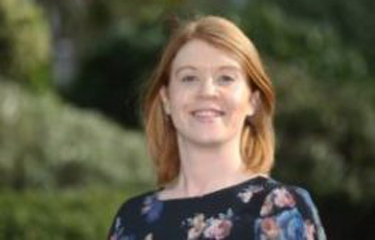Ireland's aquaculture industry hopes improvements are coming to licensing system

Ireland’s aquaculture-licensing system has been improved over the past year, but still lags behind in terms of efficiency and effectiveness, according to industry watchers.
Irish aquaculture practitioners are dismayed the industry has was not covered by new maritime management legislation introduced in 2021. The Maritime Area Planning Bill, passed in December 2021, does not legislate aquaculture activity, which remains the remit of the Ireland Department of Agriculture, and the Maritime Area Regulatory Authority (MARA) – also created by the legislation – will govern wind power and other activities at sea, but not aquaculture, according to Teresa Morrissey, head of aquaculture at the Irish Farmers’ Association.
“We don’t know where that leaves us,” Morrissey said.
A question submitted by her office to the national parliament on 1 March yielded a response suggesting that aquaculture may later be added to MARA’s remit, Morrissey told SeafoodSource.
The licensing and the renewal process for salmon farm licenses is currently taking several years,
Just one aquaculture license – Mowi Ireland’s application for an 18-cage site in Bantry Bay – was approved by the country’s Aquaculture Licenses Appeals Board in 2021, but the approval is currently the subject of a judicial review.
Ireland’s licensing process was found to be in contravention of European Union regulations on habitat protection in 2007 and has undergone a reassessment in the interim, according to Mowi Ireland Managing Director Jan Feenstra.
“The [Ireland] Department [of Agriculture] is progressing applications, mostly through the statutory consultation phase and looking for additional information,” Feenstra said. “Not much else to note, but at least this is more constructive than the deadlock of the previous 20 years.”
Morrissey said her organization is hopeful that data gathered in the licensing and appeals process could make future licensing more efficient.
Demand for licensing in Ireland is less about quantity rather than about modernizing existing aquaculture facilities, Morrissey said, and the lack of certainty created by the problems with the current licensing situation is limiting investment.
“Many of the licenses are now 30 years old and don’t take into account modern-day practices and technology,” she said. However, the groundwork that went into the appeals process – years of assessments and data collection – “should serve to make the ALAB process more efficient in future.”
Photo courtesy of Irish Farmers’ Association






Share